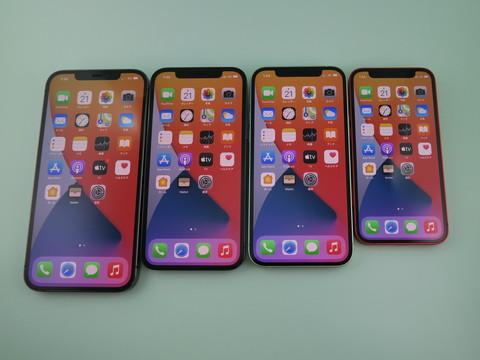米中摩擦に慣れた投資家、中印緊張リスクも浮上 - WSJ
―― Investor column "Hard on the Street"
***
The tensions of India and China are growing, and it is being damaged in unexpected places.
Investors are accustomed to considering the tension between the United States and China as a disturbing and large business risk in Asia.However, the friction between China and India, which develops in the region, is also increasingly important.If you ask the Singapore people, you can understand it.
The Indian government recently banned 54 Chinese -made apps, including the apps issued by the Chinese Internet service giant, Tencent Holdings, and the Alibaba Group, an electronic commercial company.In 2020, the country also banned 59 -made Chinese apps and games, such as the video sharing app "Tiktok" and the social media "WeChat".
Strangely, the ban on the online game "Freefire" owned by Singapore Company Sea (SEA) listed on New York.In fact, Sea initially benefited from India's two years ago to ban Chinese games.The ban on "PUMG Mobile" issued by Tencent has captured the top of the popular mobile game in India in India.
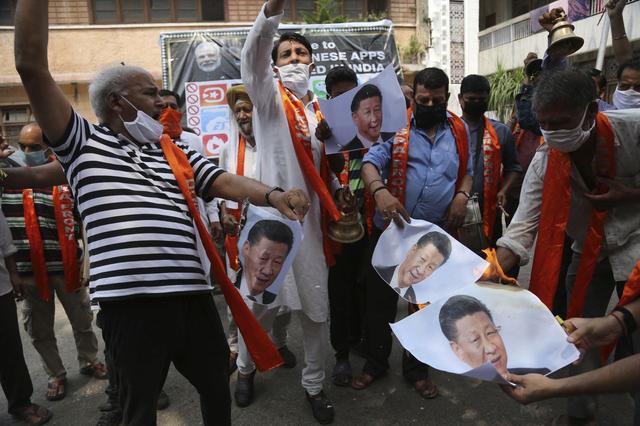
The Indian government does not explain why he banned free fire, but may be the reason for Sea and Tencent.Tencent is a long -standing shareholder of Sea and has cashed some of his own shares last month for about $ 3 billion, and currently owns about 19 %.However, Tencent does not dominate the company.In fact, Sea shareholders have just approved last month a restructuring plan to reduce Tencent voting rights to less than 10 %.Sea emphasized in the publication that he was aware of the status of India's free fire, and emphasized that he was a Singapore company and would not transfer or store Indian user data to China.
All of these developments are like applying salt to the wounds of Sea, which have lost nearly two -thirds of market capitalization since October.In response to the news, Sea stock dropped 18 % on the 14th.After that, it returned some more, but it was still much cheaper in the week.Analysts estimate that India accounts for about 10 to 15 % of Sea's game sales.Sea also operates Shoppy, the largest electronic business platform in Southeast Asia.
The Indian government has a strong power in banning software companies, but the story is different in hardware.Nevertheless, regulatory authorities have not loosened the hand -connected hardware giant in other ways.
We will deliver the notable articles of the day together.(Delivery date: Monday to Friday)
購読Indian authorities are searching for the office of Huawei, a major Chinese technology company, on suspicion of tax evasion.Toru Nakako (ZTE), a Chinese company in China, a smartphone manufacturer, Hanta -European Moving (OPPO, Oppo), and small rice (Xiaomi) have been searching for home last year.
Huawei and ZTE have built a part of the existing Indian network, but India has already excluded the two companies from the 5th -generation mobile communication system (5G) test operation.According to the counter point research, China's smartphone brand accounted for nearly three-quarters of the July-September Indian smartphone market.Xiaomi is the largest market share of about 22 %.However, it is difficult to drive out these Chinese manufacturers because there are no decent alternatives.Chinese smartphone makers also assemble mobile phones in India and create employment.
The rise of India's nationalism, economic power, and opposition to China are likely to be a focus on the global economy for the time being.Even if it seems to be a distant asset, investors who ignore it will be painful.

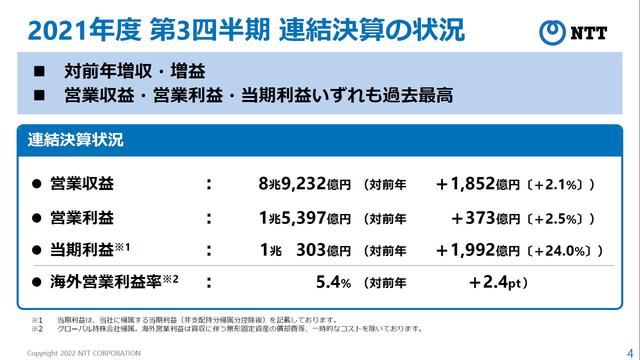


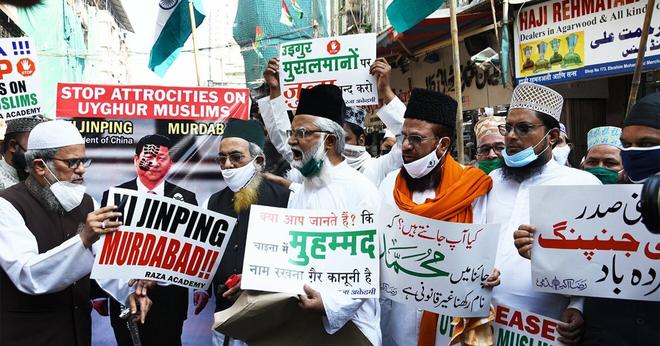
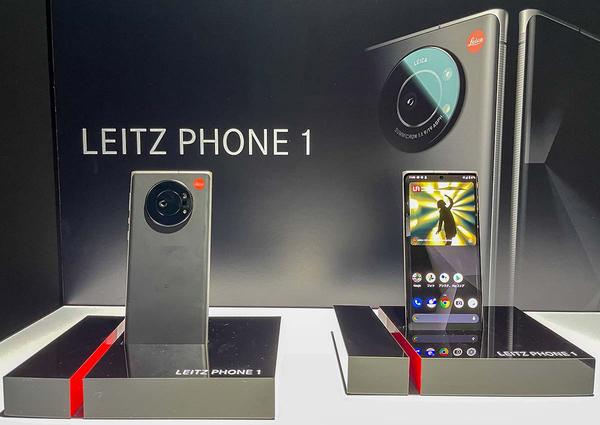
![[July 6 and 7] DX realized by content cloud, advanced platform for business transformation](https://website-google-hk.oss-cn-hongkong.aliyuncs.com/drawing/article_results_9/2022/3/9/6bbafe438d78271513761788166cbf94_0.jpeg)
